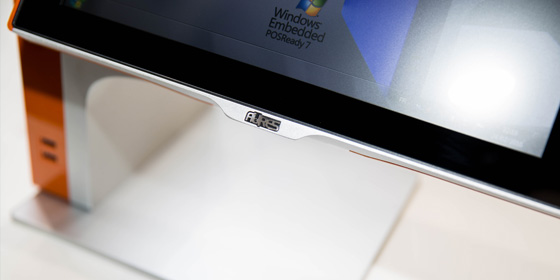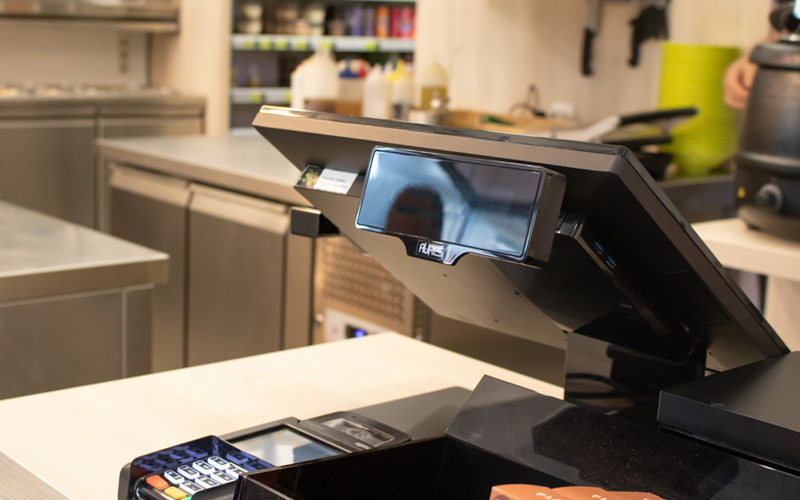By Caitlin GUILFOYLE, AURES UK Account Manager
Would you describe your EPOS system as an ‘Easy’ POS system? If you’re running a NFP organisation, this might well be one of the most important considerations you have regarding your point of sale set up.
There’s no doubt that digital technology has done some wonderful things for POS. Compared to the straightforward cash registers and tills of yesteryear, there is hardly any comparison. Not only do modern systems automatically input prices by scanning barcodes, they instantly update accounts and stock records with details of each transaction, they manage the admin for loyalty schemes and calculate Gift Aid donations, and they give staff on-the spot access to a wide range of useful information, from customer history to cross- and up-sell suggestions.
All of this means that state-of-the-art EPOS systems contribute to making modern retail operations more sophisticated, more streamlined, more intelligence-led and more focused on the customer. But for charities in particular, there is an important question to ask about all of this sophistication – does it come at the expense of point of sale technology being straightforward enough to use?
In charity shops, for example, it is still relatively common to see legacy button-operated cash desks in use. Yes, the organisation could probably benefit from a computerised system that integrated sales, inventory, accounts and so on, and across all stores too. But when you rely on volunteers working in your shops, other considerations come into play. How much training will be needed to get your people up to speed with a brand new all-singing, all-dancing EPOS system? Will people who give up their free time to help your organisation be willing or able to undertake such training?
The main point is, an EPOS system that is beyond the skill levels of any workforce will cause more problems than it solves. While integrated digital business platforms are great, no one gets the benefits if sales can’t be processed, or are processed incorrectly, because the people operating the tills struggle to use them.
Finding a balance
At AURES, we’ve long believed that technical sophistication in EPOS development must be balanced with ease of use. For both the smooth running of the organisation and for delivering a great customer experience, it is important that any EPOS system first and foremost does the basics simply and effectively – i.e. processing sales.
Our latest EPOS terminals are powerful pieces of computing hardware packed with all the processing capabilities and internal memory to run the most high-performance point of sale software available. But they are also designed with ease of use in mind. To us, ‘Easy’ POS is based on three core principles:
- An intuitive user interface: The way a person uses and interacts with any piece of technology is the most important consideration in designing for ease of use. That is why all of our EPOS endpoints are now fitted with touchscreens – no using a mouse or other add-on device to navigate around, no need to use a keypad even, just touch the option you need, with control literally at your fingertips.
- All-in-one construction: In the past, computerised EPOS systems were often run on standalone PCs which would then be connected to a cash register. But to us, this just adds complexity – the more separate parts there are, the more risk there is of one component or another going wrong, and the harder it is to resolve issues. If you want to do something as simple as move your point of sale, suddenly you are having to think about disconnecting and setting up four or five pieces of hardware. For us, combining everything in a single purpose-built unit maximises simplicity and usability.
- Reliable performance: Finally, with any piece of technology or equipment you use in an organisation, the real sticking points start when things go wrong. Staff on the shop floor can’t be expected to fix a till terminal if it suddenly decides to stop working, so we have a simple rule – we build our EPOS hardware to be robust, long-lasting and to carry the minimum risk of failure possible. The less attention an EPOS terminal needs to keep it doing its job, the easier it is to run.
To find out more about our EPOS terminals, or to get advice on solutions for the charity and not-for-profit sector, contact our team today.




